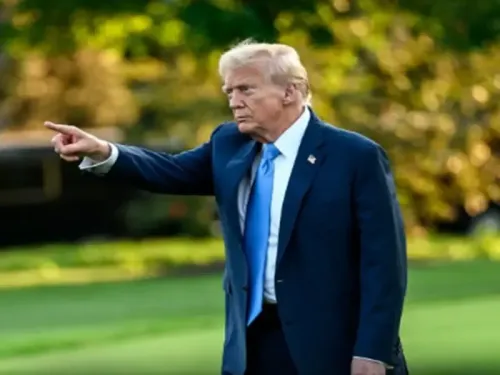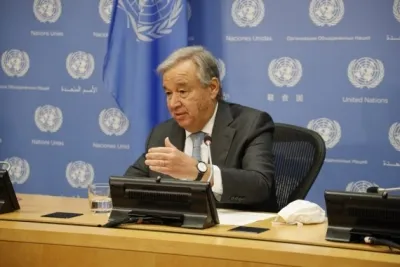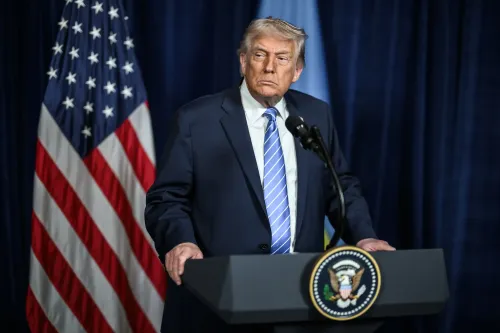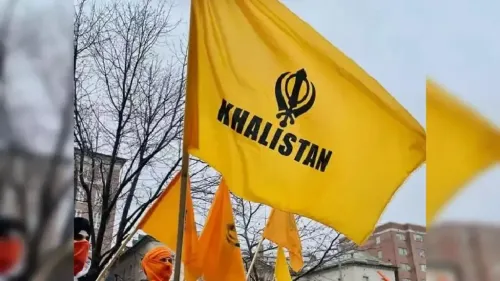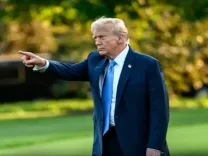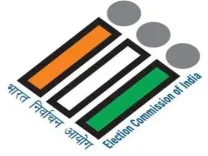US Supreme Court Approves Extradition of 26/11 Convict Tahawwur Rana to India
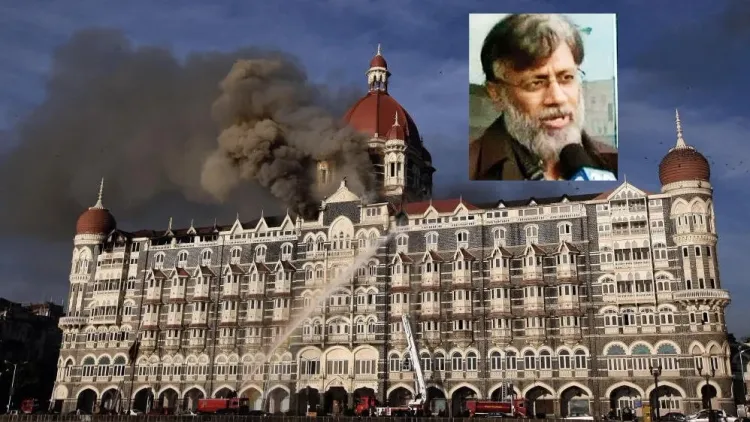
Synopsis
Key Takeaways
- Tahawwur Rana extradition approved.
- Key player in 2008 Mumbai attacks.
- All legal options exhausted.
- Significant advancement for justice.
- US Supreme Court ruling finalizes process.
Washington, Jan 25 (NationPress) In a significant turn of events, the US Supreme Court on Saturday sanctioned the extradition of Tahawwur Rana, a prominent figure implicated in the 2008 Mumbai terrorist attacks, to India.
Rana, who holds Canadian nationality and is of Pakistani descent, has been labeled a fugitive by India and faces numerous criminal charges linked to the assaults that resulted in the deaths of 166 individuals, including six American citizens.
The US Supreme Court rejected Rana's review petition regarding his extradition. He had submitted a "petition for a writ of certiorari" last November, which was dismissed on January 21.
This ruling came just one day after Donald Trump was inaugurated as the 47th President of the United States.
"Petition denied," was the court's succinct declaration.
Rana's legal attempts have been thwarted in a series of lower and federal courts, including the US Court of Appeals for the North Circuit in San Francisco.
US Solicitor General Elizabeth B. Prelogar had recommended the Supreme Court dismiss Rana's petition, a suggestion unsuccessfully contested by Rana's attorney, Joshua L. Dratel.
Currently imprisoned at the Metropolitan Detention Center in Los Angeles, Rana is also known to be a close associate of David Coleman Headley, the Pakistani-American member of Lashkar-e-Taiba who was instrumental in orchestrating the Mumbai terror attacks.
Headley, who later became an approver in the case, is serving a 35-year sentence in the US for his role in the horrific attacks on Indian territory.
India has been actively pursuing Rana's extradition to ensure he faces justice for his supposed involvement in enabling the catastrophic assaults, which struck several iconic sites in Mumbai over a four-day period in November 2008.
The attacks, planned by the Pakistan-based Lashkar-e-Taiba, stand as some of the most devastating terrorist events in India's history.
With the Supreme Court's ruling, Rana has exhausted all legal avenues to evade extradition, clearing the path for India to prosecute him.
This marks a crucial advancement in the enduring pursuit of justice for the victims of the 26/11 attacks.


